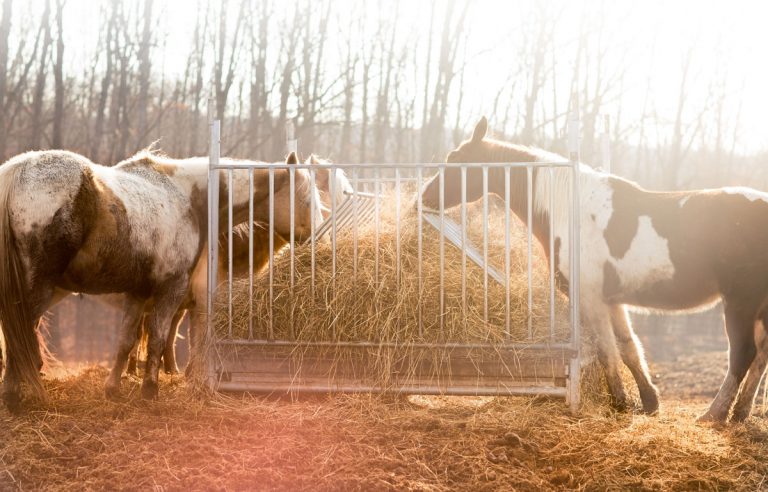Feeding horses appropriately is crucial for maintaining their overall health and vitality. The choice of feed plays a significant role in ensuring that horses remain active, happy, and healthy. One of the key considerations for horse owners is the amount of sugar present in the feed. Understanding the importance of low sugar horse feed is essential for better horse care.
As an equestrian enthusiast, it is important to keep your horse’s diet in check. This not only includes the type of food they consume but also the nutritional content. By selecting low sugar horse feed, you can help prevent various health issues and promote a balanced diet.

Importance of Sugar Control in Horse Diet
Horses, like humans, can be sensitive to sugar. High sugar intake can lead to obesity, laminitis, and other metabolic disorders. It is imperative that equestrian enthusiasts understand the need for regulating sugar intake through low sugar horse feed.
How Does Sugar Affect Horses?
Sugars are a type of carbohydrate that provide energy, but excessive sugar can be detrimental to a horse’s health. Problems such as insulin resistance and laminitis can arise from a sugar-rich diet. Controlling sugar intake ensures that the horses maintain optimal health.
Components of Low Sugar Horse Feed
When selecting low sugar horse feed, it is essential to understand its components. Good quality low sugar feed should contain balanced nutrients to support your horses health without the high sugar content.
Understanding Feed Labels
Checking the feed labels is crucial. Look for feed that mentions low sugar and starch levels. Ingredients such as fiber, vitamins, and minerals should be well balanced in the feed.
Benefits of Low Sugar Horse Feed
The primary benefit of low sugar horse feed is the avoidance of obesity and other metabolic disorders. This type of feed ensures that horses receive all the necessary nutrients without the added sugar, contributing to a more balanced and healthy diet.
Promotes Healthier Weight Management
By reducing sugar, horses can maintain a healthier weight. This leads to less stress on their joints and reduces the risk of various health problems. Proper weight management is crucial for the overall well-being of your horse.
Selecting the Right Low Sugar Feed
Choosing the right low sugar horse feed involves understanding your horse’s specific needs. Consult with a veterinarian or a nutritionist to evaluate and select the most suitable feed for your horse.
Personalizing Feed Choices
Horses have different dietary needs based on their age, health, and activity levels. Tailoring the feed choice to individual needs ensures that they get the maximum benefit from the diet.
Challenges of Low Sugar Horse Feeding
One of the challenges with low sugar horse feed is availability and cost. Often, specialized feeds can be more expensive and less available, but the benefits outweigh these challenges.
Overcoming Cost Concerns
To tackle cost issues, consider buying in bulk or looking for deals at feed stores. Achieving a balanced diet should be the priority.
Alternatives and Supplements
Apart from feed, supplements can help achieve a balanced nutritional intake. Supplements should be used carefully to complement low sugar horse feed.
Vitamins and Mineral Supplements
Blood, Vitamin & Mineral Testing can identify any deficiencies that need supplement support, ensuring that horses receive all necessary nutrients.
Learning More About Horse Nutrition
For further reading on horse nutrition and care, measure horses correctly and understand what they need for optimal performance and health.

Conclusion
In conclusion, opting for low sugar horse feed is a responsible choice for any horse owner. Not only does it prevent numerous health issues, but it also contributes to a better quality of life for your horse. Make well-informed choices and regularly consult with professionals to provide the best care possible.
Frequently Asked Questions
- What is low sugar horse feed?
Low sugar horse feed contains reduced levels of sugar and starch to promote better health and prevent disorders like laminitis.
- Why is sugar bad for horses?
Excessive sugar can lead to health issues such as obesity and insulin resistance. Maintaining a low sugar diet is crucial for their well-being.
- How can I ensure my horse gets enough nutrients?
Use balanced low sugar feeds and consider supplements. Regular consultations with a vet can help tailor a suitable diet for your horse.
This article contains affiliate links. We may earn a commission at no extra cost to you.
